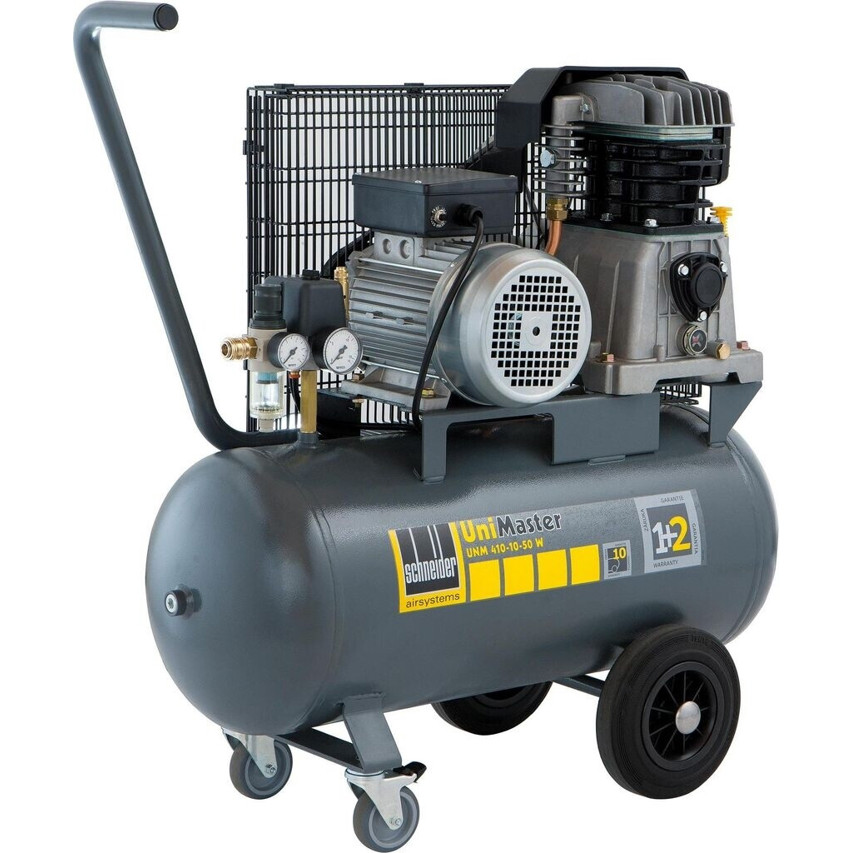20 Things You Need To Know About Buy A Belt Sander
페이지 정보
작성자 Shanel Parra 작성일 25-11-11 13:25 조회 3 댓글 0본문
The Ultimate Guide to Buying a Belt Sander
Belt sanders are flexible power tools that can smooth big surfaces quickly and effectively. Whether you are a professional woodworker or a DIY enthusiast, an excellent belt sander can make your jobs easier. Nevertheless, with a lot of choices offered in the market, selecting the best belt sander can be overwhelming. This guide will explore everything you need to learn about buying a belt sander, including types, features to consider, and a comparison table of some popular designs.
Kinds Of Belt Sanders
Before diving into the specifics of purchasing a belt sander, it's important to comprehend the different types available:

| Type | Description | Normal Use Case |
|---|---|---|
| Stationary Belt Sander | Repaired to a workbench or stand, created for larger jobs. | Suitable for forming and completing bigger pieces. |
| Portable Belt Sander | Lightweight and handheld; flexible for different woodworking jobs. | Exceptional for sanding edges and corners, appropriate for DIY tasks. |
Benefits and Disadvantages
When selecting between these 2 types, it's vital to consider their pros and cons:
| Type | Advantages | Downsides |
|---|---|---|
| Stationary Belt Sander | Strong develop; offers consistent and accurate sanding; excellent for larger jobs. | Requires dedicated area; typically more costly. |
| Portable Belt Sander | Lightweight and easy to maneuver; suitable for diverse tasks; normally less pricey. | Less steady for large pieces; can be more difficult to control for beginners. |
Key Features to Consider
When purchasing a belt sander, several features must be taken into consideration to guarantee you get the very best tool for your needs:
1. Power
The power of the motor, typically measured in amps, can significantly influence the efficiency of a belt sander. Try to find a sander with at least 6-7 amps for general home use.
2. Belt Size
The width and length of the sanding belt can impact both the speed and the benefit of your work procedure. Typical sizes include 3x18, 4x24, Akku Schlagschrauber Angebot (Https://git.indgas.Online) and 4x36 inches. Bigger belts cover more surface location but might be less maneuverable.
3. Belt Speed
Belt speed is normally measured in feet per minute (FPM). Greater speeds can eliminate product rapidly but might require more skill to utilize effectively without harming the surface area. A variable speed alternative is a terrific option for flexibility.
4. Dust Collection
Effective dust collection is important, particularly if you're working inside your home. Inspect if the belt sander has a built-in dust port, which can be linked to a vacuum system, making cleanup simpler.
5. Ergonomics
A comfortable grip and manageable weight add to extended usage without fatigue. Try to find features such as adjustable manages or Kompressor Für Garage Kaufen Kompressor Stehend 50l 50l (http://www.sh-hpg.com:3000/schleifmaschine-testsieger0627) soft-grip areas.
6. Belt Changing Mechanism
A user friendly belt changing system conserves time and aggravation. Some models consist of lever systems that permit quick adjustments.
7. Brand Name Reputation and Warranty
Consider well-known brands that have a reputation for quality and dependability. A great warranty can be a significant safeguard and is typically an indication of positive production.
Comparison Table of Popular Belt Sanders
Here is a table comparing a few of the well-reviewed belt sanders available in the market:
| Model | Power (Amps) | Belt Size | Speed (FPM) | Dust Collection | Price Range |
|---|---|---|---|---|---|
| Makita 9403 | 11 | 4" x 24" | 1,640 | Yes, dust bag | ₤ 180 - ₤ 240 |
| Bosch 1274DVS | 7 | 3" x 21" | 800 - 1,500 | Yes, dust chute | ₤ 120 - ₤ 180 |
| DEWALT DWE6411K | 12 | 1-1/4" x 30" | 1,650 | Yes, dust bag | ₤ 100 - ₤ 150 |
| Porter-Cable 362V | 8 | 3" x 18" | 850 - 1,000 | Yes, dust port | ₤ 90 - ₤ 120 |
| Black & & Decker DS321 | 6 | 3" x 21" | 1,000 | Yes, dust bag | ₤ 70 - ₤ 90 |
Note: Prices may vary based on retailers and locations. Always inspect for the most recent information.
FAQs
1. What is the most essential aspect when purchasing a belt sander?
The most essential aspect frequently depends upon your particular needs, however power and belt size are vital for most woodworking projects.
2. Can a belt sander be used for ending up?
Yes, a belt sander can be utilized for finishing, but it is necessary to switch to a finer grit sandpaper for kompressor leise werkstatt the final touches to avoid scratches.
3. How do I maintain my belt sander?
Regular upkeep consists of cleaning up the sander after each use, examining the belt for wear and tear, and ensuring the dust collection system is tidy and functional.
4. Is it safe to utilize a belt sander?
When utilized properly with protective equipment (gloves, goggles, dust mask), a belt sander is a safe tool. Always follow the user manual and safety standards while operating.
5. Can a belt sander be used on other materials besides wood?
Some belt sanders can be used on softer metals and plastics. Nevertheless, for materials like metal, a different kind of sander may be more efficient.
Purchasing a belt sander is a substantial financial investment that can drastically improve your woodworking projects. By understanding the types of belt sanders available, the key functions, and comparing models, you can pick a tool that best satisfies your needs. Constantly consider how frequently you'll utilize the tool and for what kinds of jobs to ensure you choose wisely. With the best belt sander, you'll be fully equipped to take on any task with confidence and skill. Happy sanding!
댓글목록 0
등록된 댓글이 없습니다.
